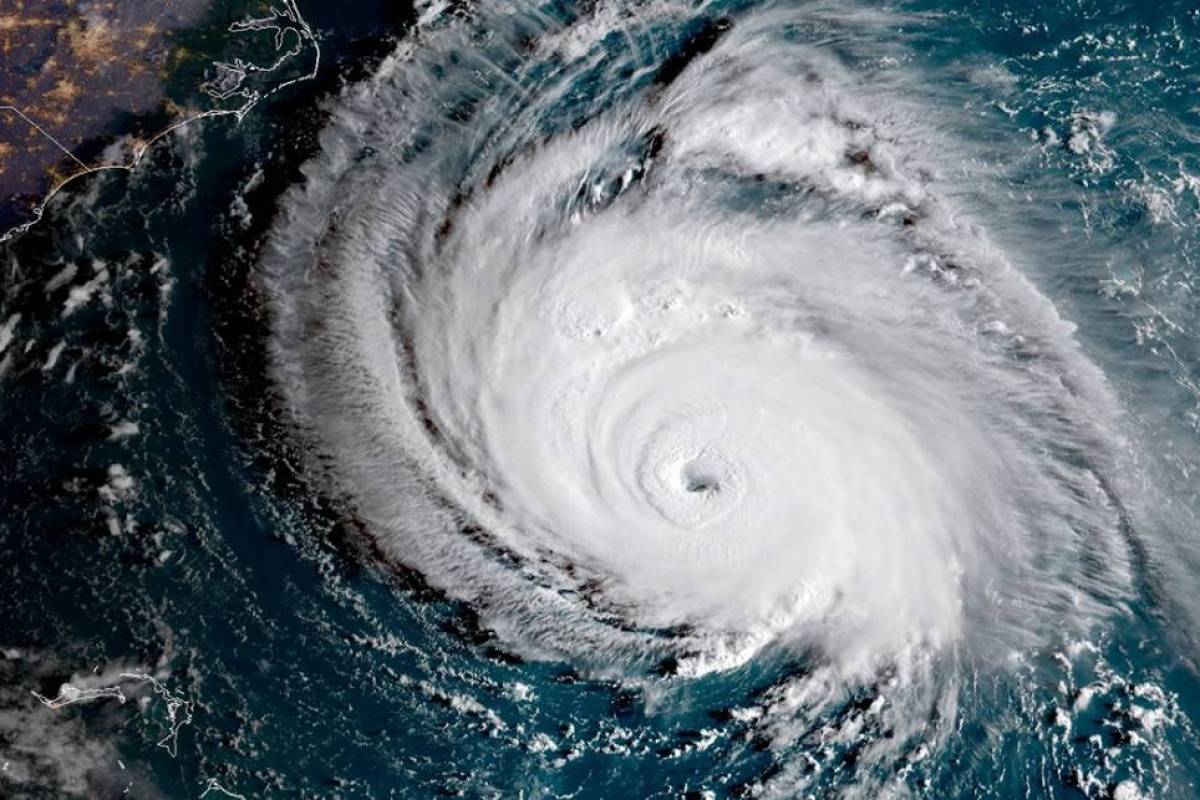Immense, highly destructive, and feared across the globe, hurricanes are a type of weather phenomenon that has fascinated scientists for decades. Beyond their incredible power, these towering cloud giants are full of mysteries—from their unpredictable movements to their very origin.
A few hundred years ago, hurricanes and tropical cyclones were believed to be a sign of the gods’ anger. But today, science tells a different story. Recent research points to specific climate conditions that explain how these storms form.
So, what exactly causes a hurricane?
As you may know, the warm waters of the Atlantic and Pacific oceans are ideal breeding grounds for these storms. That’s because hurricanes need warm, moist air to form and grow. In fact, some theories suggest that hurricanes are born when two tropical storms—spinning in opposite directions—collide.
Studies show that storms forming in the northern Atlantic rotate counterclockwise, while those south of the equator spin the other way. When these opposing systems come together, they can dramatically increase in intensity, giving rise to what we call hurricanes in the Atlantic and typhoons in the Pacific.
Beware the calm after the storm
One of the most dangerous parts of these massive storms is the well-known “eye of the hurricane.” This part may seem peaceful—clear skies, little wind, and no rain—but it can be deceiving. Many lives have been lost because people thought the storm was over when the eye passed over.
That’s why it’s crucial to stay sheltered even when the winds seem to stop. That moment of calm usually means the second half of the storm is about to hit, often just as powerful as the first.
The Saffir-Simpson scale
One of the few helpful things about hurricane-force winds is that their speed gives us a clue about how intense the storm will be before it makes landfall. Thanks to scientists Herbert Saffir and Bob Simpson, we now have a scale to estimate the potential damage and danger of these massive storms.
Still, even with accurate measurements, hurricanes and typhoons can sometimes be stronger—or weaker—than expected. That’s why it’s so important to be prepared and stay protected.
As the saying goes: better safe than sorry.
So if you want to keep your home or business safe during hurricane season, there’s nothing better than a reliable storm protection system. And when it comes to that, no one does it better than our friends at Stormcatcher.
Their team of experts will be more than happy to help you protect what matters most—your family.



